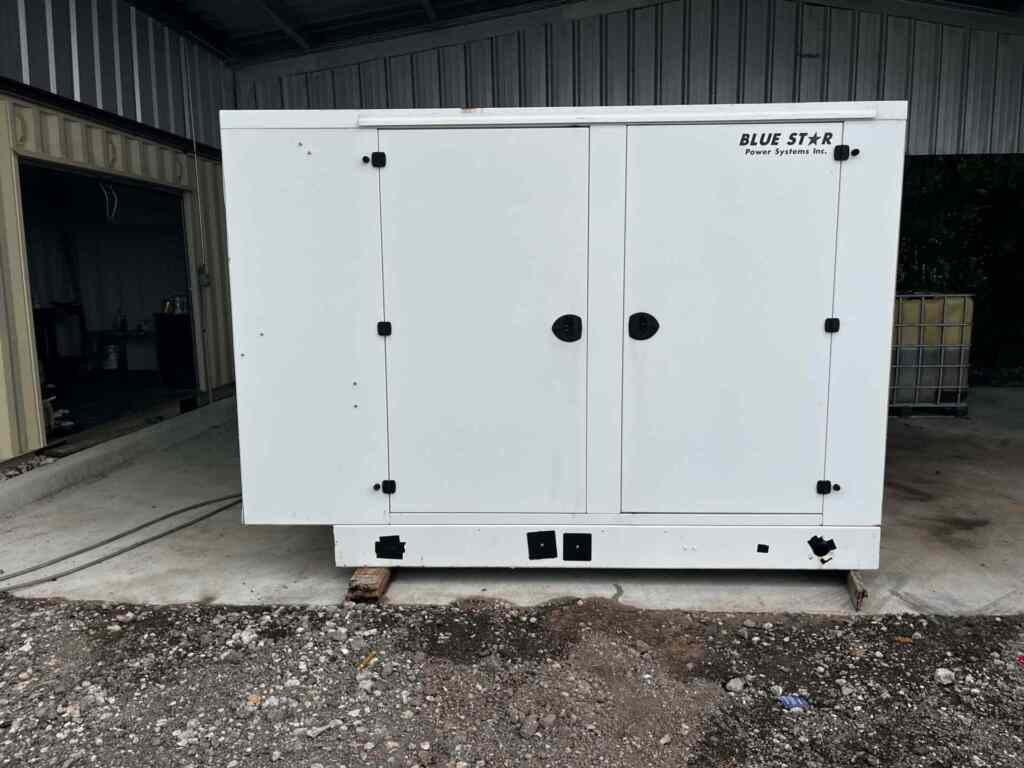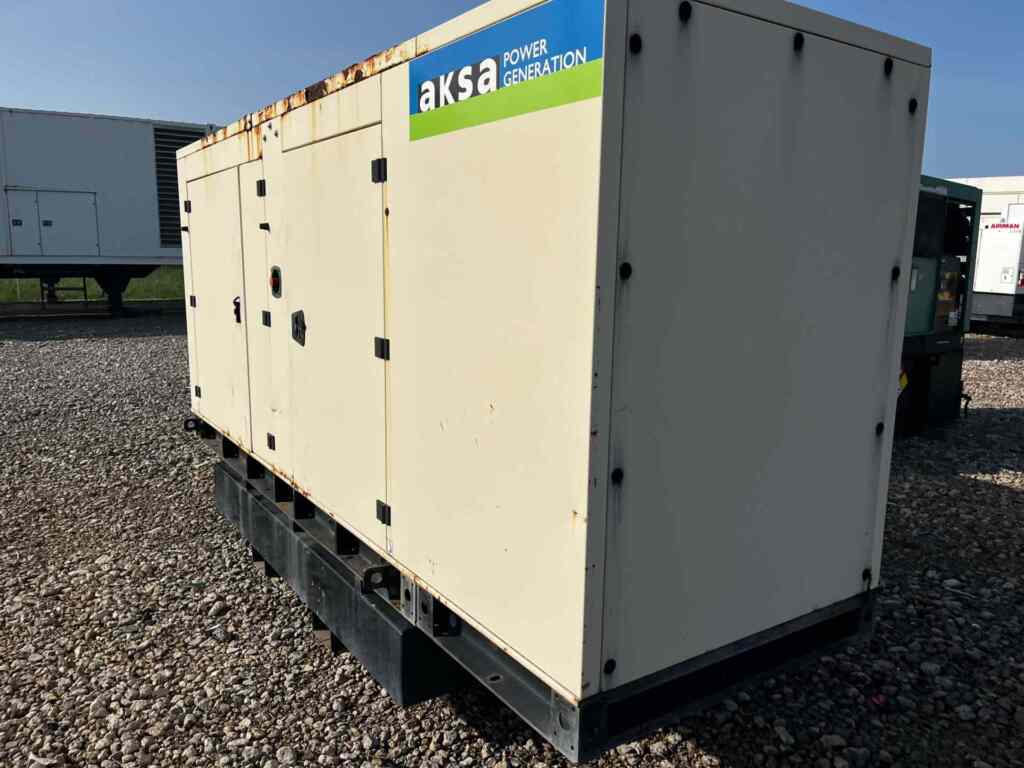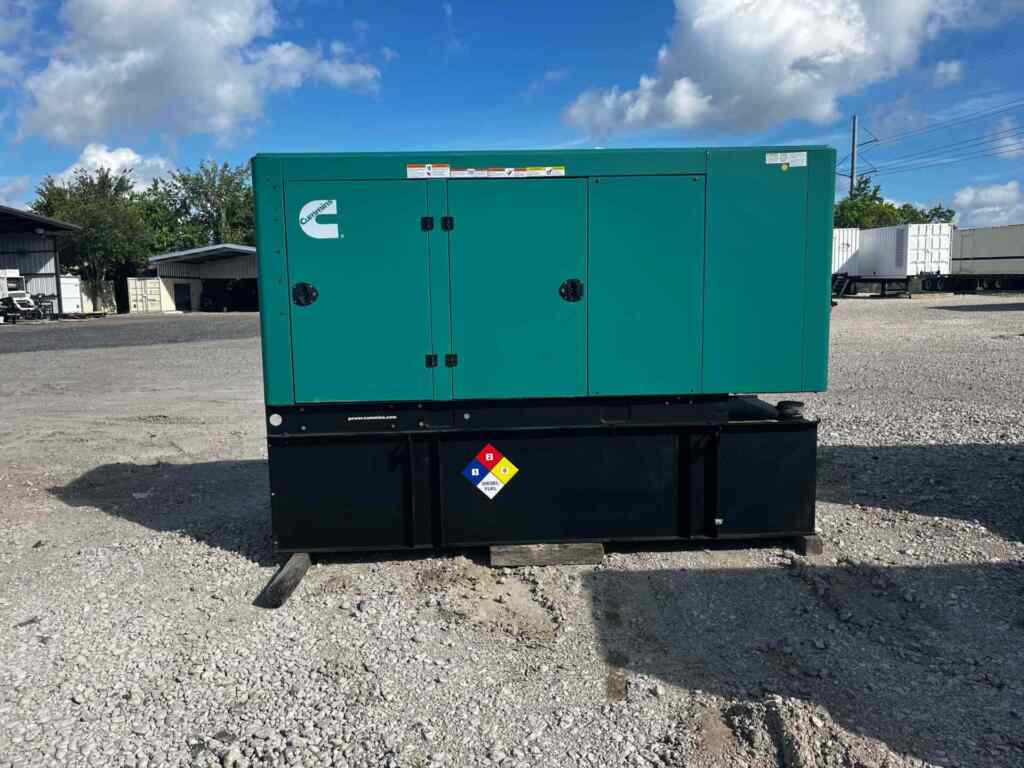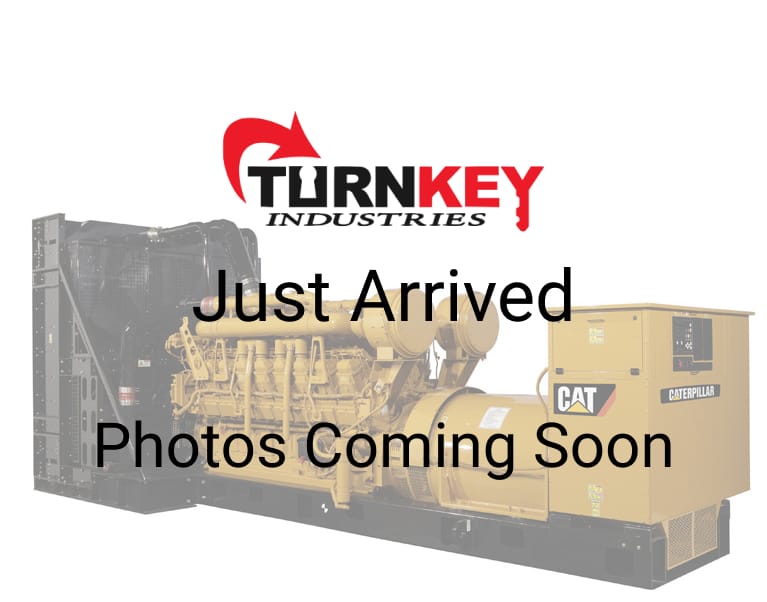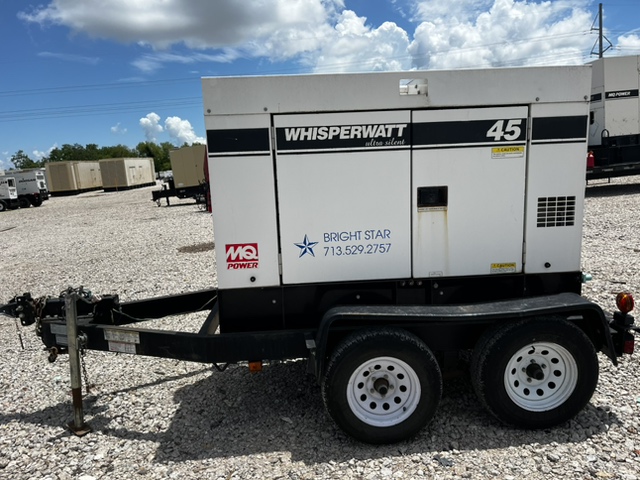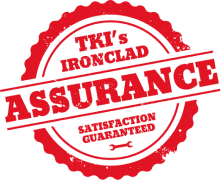Before you purchase a diesel generator, it is important to understand the difference between continuous power and prime power. It is also critical to understand how generators are rated and which rating is appropriate for the intended usage. Sometimes a generator is required for standby usage only, but other times a generator is used to supply power during frequent outages or for long periods. Knowing how you will be operating your generator and understanding the difference in power ratings is very important in understanding which generator will work best for you.
Under Generator Power Ratings
When purchasing a generator, the first thing you will need to decide is if you want to buy a generator that has a prime power rating or a standby power rating. These ratings are determined by how a generator is going to be used.
- A prime generator set is any standard genset that is used as the primary power source for the equipment it is powering. Generators that are intended for prime operations are designed to run for long periods, as long as the load is constantly varying between 50 percent and 100 percent of the generator’s prime rating. Generators should not be run under 50 percent of the prime rating, however. This is called “light loading” and can eventually damage the generator.
- A standby or emergency power generator is a generator that is installed in a stationary location to provide backup power in the event of a power outage. Standby generators are only intended to be run for one hour in a 12-hour window because they are designed to provide backup power to essential equipment and services whilst utility power is restored. When paired with an automatic transfer switch, the generator will automatically shut down once it detects that mains power has been restored to the building.
Although there is a difference between prime power and standby power, most generators are capable of being used for either. In this case, the standby rating for the dual-purpose generator is typically higher than the prime rating. This is because the generator is designed to be able to run at 100 percent of its prime rating, but can be overloaded up to its standby rating for 1 hour during 12 hours.
The Difference Between Prime/Continuous Power and Standby/Backup Power
Electric power generators can be classified in one of three ways depending on their mode of operation: continuous power, prime power, or standby power. Continuous and prime power generators are very similar. They function as the main source of power in many applications and are designed to operate continuously or for extended periods. The major difference between the two is that continuous generator sets are designed to operate continually with a consistent load, while prime generators are designed to operate for long durations at variable loads.
Continuous and prime generators are generally more rugged than standby generators and used in remote, off-grid operations such as:
If your facility is mainly powered by the grid and you only need sporadic or emergency power help, purchasing a standby generator is your best option. These generators provide standby power – standby meaning temporary – during storms, power outages, or other temporary disruptions. They are not designed to deliver continuous power over an extended period and are typically rated for a maximum of 80 percent average load factor and roughly 200 hours per year.
What Can Affect A Generator’s Power Rating?
No matter how a generator is rated, several environmental factors can affect a generator’s function. Three of these factors are discussed below.
- Altitude – if you are located in an area of high altitude, dips in air pressure will reduce the air’s density. This can create problems when you go to start your generator. A lower air density can impact both ignition and heat dissipation, both of which can cause a generator to malfunction. At high altitudes, it is possible that a) your generator will not start and b) it may overheat because heat is released from the engine at a slower rate than it would be at sea level.
- Temperature – high temperatures can also cause ignition problems for your generator. Extreme heat will cause a generator’s engine to struggle and overheat. This can damage the engine or cause the generator to fail permanently. Low temperatures, on the other hand, can cause fuel to gel and clog the fuel filter. In this case, winterizing your generator will improve its functioning.
- Humidity – in conditions of extreme humidity, water vapor in the air displaces oxygen. Low oxygen levels impair the ignition of the generator’s engine, causing the generator to fail.
To mitigate these environmental factors, it is important to select a generator that is designed to run in the conditions where it will be used. A professional generator retailer can help you select a generator based on usage, environment, and power rating. This ensures that your power needs are met and that your facility has a continuous supply of power no matter what happens.
 Turnkey Industries offers a variety of high-capacity
Turnkey Industries offers a variety of high-capacity 